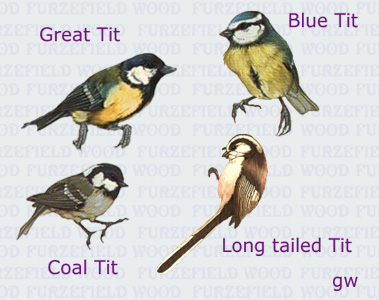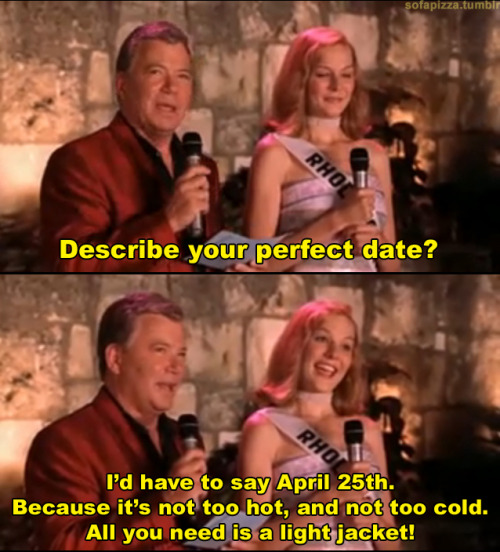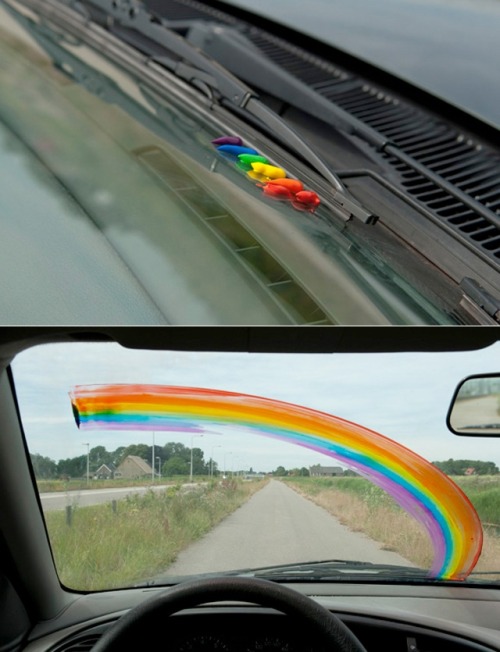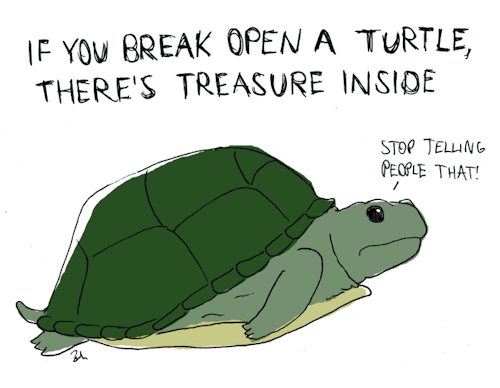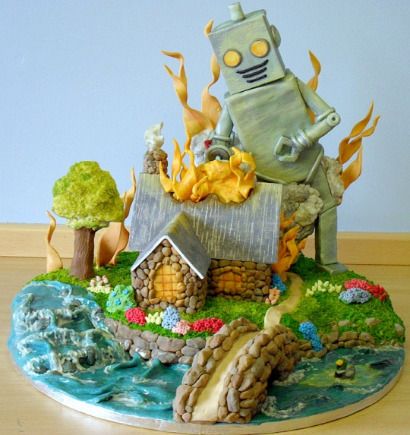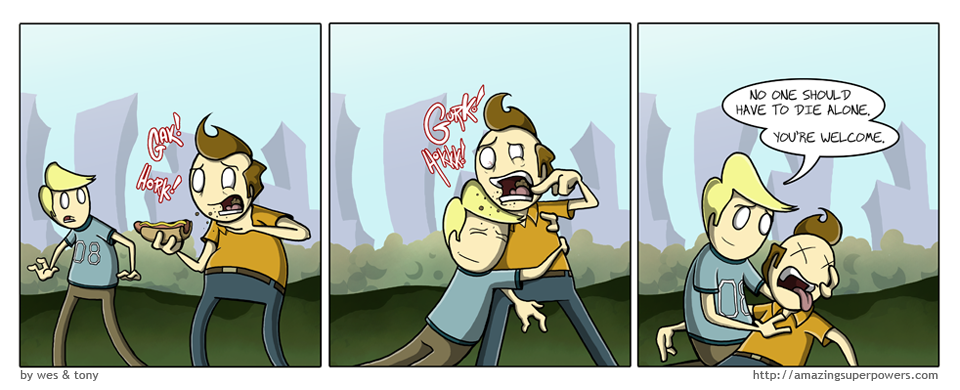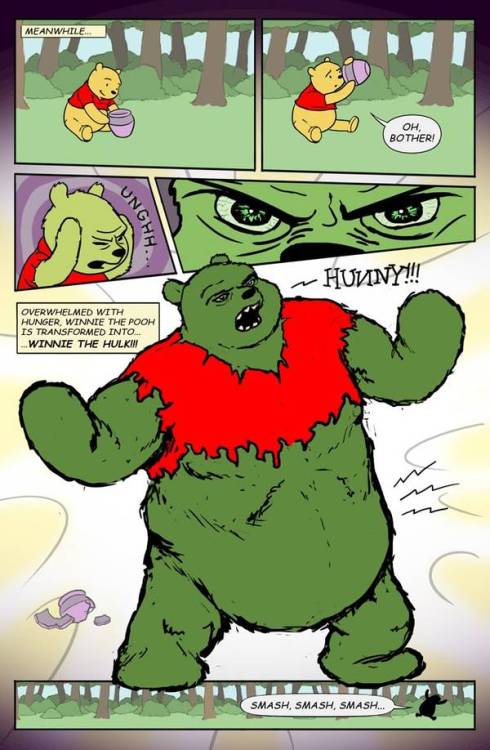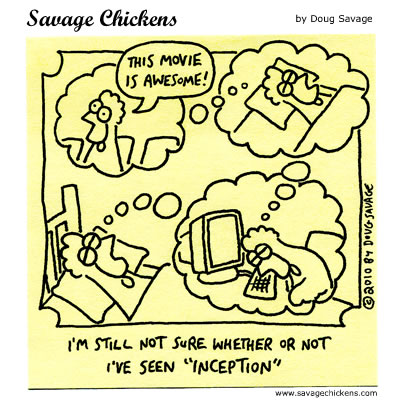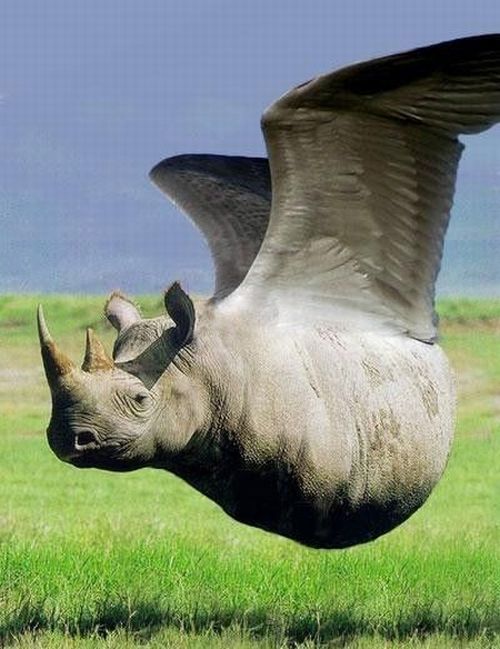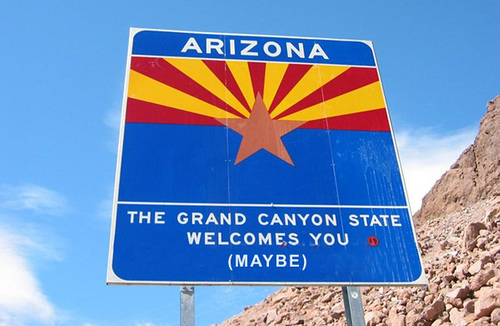
(photo via
The Rude Pundit)
Note: This wedge has now been accreted at
History of Geology; there are many great posts and lots to think about. Thanks, Dave!
This month's topic is pretty involved, and I've been very impressed with the depths to which many responses have gone; I'm afraid I'm not likely to measure up. Here's an overview, from the two geobloggers who came up with the idea, first from Dave Bressan at
History of Geology, who issued
the call for posts:
So philosophizing around (geo)blogging with Dr. Welland many questions raised: like how bloggeology can “impact” society and "real geology" , should and can we promote the "geoblogosphere", and are blogs private “business” or public affairs, and institutions underevaluating the possibilities given by this new method of communication?
Second, from Michael Welland at
Through the Sandglass, on
his thoughts regarding the matter:
One of the many things that strike me about the geoblogosphere is its civility and objectivity. The more lurid and globally popular segments of the blogosphere as a whole are filled with vituperative, ad hominem - and often inarticulate and, of course, anonymous - rants. Not so with us geobloggers, which is a good thing - is this something that can be exploited constructively? There is, after all, much discussion (much of it vacuous) about the role of the blogosphere, and I've been doing a little probing around some of the (non-vacuous) examples of this. One of the "debates" is whether blogging is journalism - in my view, this question, as such, doesn't mean much since both blogging and journalism cover such a multitude of sins. But the question is interesting in terms of the relationship between blogging and journalism, within which lies a possible future vector for the responsible blogosphere.
And finally, here's my paraphrase at
The Accretionary Wedge:
I interpret this to be asking what role the geoblogosphere should play going forward. Should it have a role in disseminating research? Should geoblogging be factored into academic- or business- employees’ evaluations? Can, and how should, the expertise and enthusiasm of geobloggers be harnessed to effectively reach and educate the broader public? In short (again, as I interpret the issue), what do you see as the purpose of geoblogging and the geoblogosphere?
So I think the answer is probably 42... and now that I have an answer I have to figure out what I actually thought the question was.
I guess I'm a little uncomfortable with that, because it forces me to decide what the geoblogosphere is, and I can't do that: I can only express my interpretation of what I think it looks like to me. It's sort of like the four blind men and the elephant parable; one thinks it's like a wall, one thinks it's like a snake, one thinks it's like a tree trunk, and one thinks it's like a sheet. I guess my metaphor would be that it's an ecosystem. There are lots of different members, each with their own niche, or role, that they define or evolve into over time.
I have described myself (and certainly think of myself) as a peripheral member of this ecosystem. A quick calculation shows that about 1 in 6.7 of my posts is one on which I have put the
Geology label. In other words, the majority of my posts are not related to geology. Furthermore, while I received a very good undergraduate education in that major, and I do a lot of lay-level reading on the topic, it's not a subject in which I'm actively involved in either research or formal education. I frequently find my old knowledge needs to be updated, and since I don't actively use it much, I find that I've forgotten a great deal.
All that said, why should I even bother trying to address the admittedly nebulous question? Geology is important. And it's woefully undervalued and ignored in our society. When I created this blog, it was mostly for my own entertainment; an online archive, scrapbook, what have you, of things that captured my attention for a while. As it turns out, about 3 in 20 of those things are geology related. That's certainly a higher ratio than it would be for a typical person. I think I came to geology for the beauty and stayed for the awesome- and I mean awesome in the old, now somewhat archaic, sense of conferring a sense of awe. Of being somewhat paralyzed by the spectacle, by the connections, by the implications of something I've learned or seen. Even a little fearful, perhaps. As regular readers know, I'm quite fearful for the fate of our species in light of what we know of the past, and what our collective decision making is like in the present. The earth, and some fraction of its biota, will abide. Humanity, if it cannot learn from its environment, will not.
Having some sort of geoliteracy is critical to understanding our environment. That has become a part of why I do geology posts: I have a great diversity of readers, some geoliterate, some not. I enjoy sharing my excitement with the beauty and power of our planet, and I feel an obligation to help people understand some of the forces that shape it. Blogging is clearly not the medium to accomplish this most effectively- the format is not conducive to creating a well-organized, long to medium-term organization of related "lessons." On the other hand, like many "educational" science TV shows, it's better than nothing, and perhaps promotes a positive attitude that will motivate some readers to take advantage of other educational opportunities. I'm not king (nor would I want to be), so I can't mandate that people take a minimum of two geology courses (internal processes and surface processes), and an oceanography and meteorology course. I can offer mini lectures and juicy photos from time to time. I can also bring faulty journalism to attention when it gets under my skin. Again, this may not have much effect in the grand scheme of things, but it's pressure in what I believe is the right direction. I suspect most geobloggers would agree with that sentiment.
So the point is, I have my own esoteric reasons and philosophies at work with respect to geoblogging, and I'm sure that others do too. I agree with
Silver Fox that it feels inappropriate to decide what direction the geoblogosphere "should" go, anymore than I should decide which direction an ecosystem should go. Bloggers will join in the future, and bloggers will drop out. The aggregate at any given moment will interact with each other and the overall community through subtle and not-so-subtle feedbacks to create an ever-changing network of information and attitudes.
One of the things I dearly wish could happen- probably so impractical as to be impossible- is an index of geology blog posts by topic. There must be many tens of thousands of those already, so just filing those already existing would be a herculean task, and as time goes by, more and more geoblogs appear on the radar. A number of bloggers, for example Callan Bently at
Mountain Beltway, and his old
NOVAGeoblog, and Garry Hayes at
Geotripper, have managed to piece together many posts that collectively do a great job of describing the geology and history of their regions (northern Virginia and California, respectively). As I noted earlier, the blogging environment is not conducive to the same kind of organizational discipline as, say, my copy of Geology of Oregon. I suppose one could set out to create a blog with the same kind of organization, but I think it would be tough. Series of posts can accomplish some of the same goals as chapters, and both Callan and Gary have used that mechanism admirably. Still, it would be nice to be able to go to a single site and find links to the posts about a place or topic. Google works for some things, but it often returns garbage.
One of the things that Michael alluded to in his discussion was the civility of the geoblogosphere. I think there are three factors at play here. First, those of us who follow other blogs thoroughly and for long periods of time come to develop expectations of other bloggers, and when they consistently live up to those expectations, we develop a sense of trust in their work. Second, and I'm not going to claim this is unique to geology, but it does seem pretty unusual, geology by it's very nature involves trying to make knowledge claims about things we can never know or witness first hand. As such, skepticism, challenging others on the basis of evidence, is second nature to us. We learn early on that we can expect our conclusions to be challenged, the quality of our evidence to be examined carefully, and alternate hypotheses offered. I have seen this devolve into rudeness, and I have seen people get past that. (See
Tips for Science Grad Students) But by and large, our discipline requires its practitioners to be civil while at the same time wielding knives. Like doctors in the pre-anesthesia era, the object is not to hurt the patient, but to do what the patient needs. That might necessitate some pain, but as long as both parties understand that, the outcome is beneficial. As geologists, we understand in a semiconscious way that we're all doctors and we're all patients. And we have little patience with trolls, who have no intention of helpfulness, and every intention of simply being painful. Which leads to the third factor: there are some geobloggers who get a lot of hits, but we have no superstars, like Pharyngula or the Bad Astronomer. As a result, there are no "targets" that are going to draw trolls. I'm sure most of us have had snotty comments that either haven't passed moderation, or have been removed by the blogger, but we just drop them and forget them. We're not inclined to give cranks attention.
So what would I
like to see in the geoblogosphere? I have no idea. I don't want to see it become organized in any top-down manner. Just as a real ecosystem is comprised of populations of species each struggling for its survival, and as a result, stunning variations and diversity arise seemingly out of nothing, the geoblogosphere is an abstraction composed bloggers writing individually or in small groups. And each of those bloggers is host to an enormous population of ideas, each vying for expression. There have been new varieties of geoblogs emerge even in the few years I've been following them. The departmental blog at
Wooster Geologists has been a real pleasure for me. It seemed to start out as perfunctory and shallow required posts, then devolved into running Chuck Norris jokes... then it grew up. And I have been repeatedly impressed with it as a platform they are using to share their experiences with each other and the rest of the world. The "Cruise Blog" format is new to me as well- blogging for the duration of a research cruise. One I've been following with particular interest lately is
Life on Shatsky.
In short, as with the diversity of life, I think the diversity of geobloggers will surprise and delight me by their unpredictability. They will surpass my imagination. Some will be astonishing successes, some, sadly, will not. As I said earlier, I suspect the majority of us do this with free-choice learning at least in the back of our minds, but let's be honest: the main reason is that we love this stuff, and we think others should too. That they don't can only be due to a lack of opportunity, in our minds.
This has been a long rambling post that kind of gets at some of the ideas that I wanted to express, but not well, I'm afraid. I'd like to thank Dave and Michael for suggesting it; there have been some really great responses, and while partially figuring out what I want to say has been frustrating, it's been rewarding too. Whither the geoblogosphere? Whither ever it wants.




